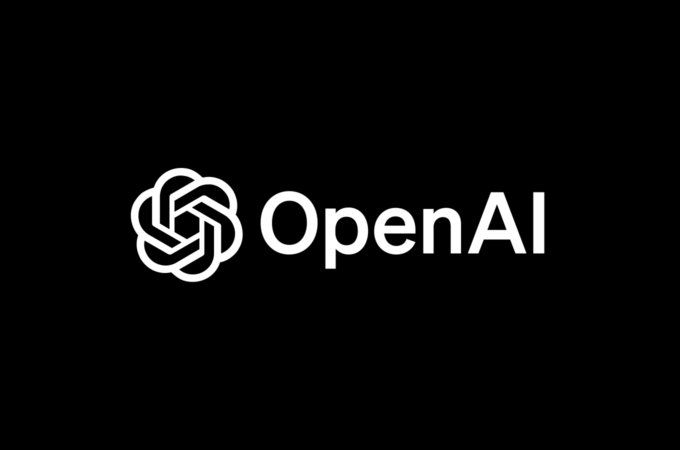
OpenAI’s New o1 Model: Potential Game-Changer for Fintech Problem-Solving
OpenAI has unveiled its latest artificial intelligence model, dubbed o1, which boasts advanced reasoning capabilities that could revolutionize problem-solving in various industries, including fintech. The new model, internally known as “Strawberry,” represents a significant leap forward in AI’s ability to tackle complex, multi-step problems.
Unlike its predecessors, o1 is designed to “think” before responding, utilizing a chain-of-thought process that mimics human reasoning. This approach allows the model to break down complex queries, consider multiple strategies, and even recognize its own mistakes—a feature that could prove invaluable in the fast-paced, high-stakes world of financial technology.
While OpenAI hasn’t specifically highlighted fintech applications, the model’s capabilities suggest several potential use cases in the industry. For instance, o1’s proficiency in solving intricate mathematical problems could enhance risk assessment models and portfolio optimization algorithms. Its ability to work through multi-step tasks methodically might improve fraud detection systems or streamline complex regulatory compliance processes.
The model’s performance is impressive, scoring in the 89th percentile on competitive programming questions and demonstrating PhD-level accuracy on physics, biology, and chemistry problems. This level of sophistication could potentially be applied to developing more accurate predictive models for market trends or creating more efficient trading algorithms.
However, it’s worth noting that o1 is still in its early stages. OpenAI is taking a cautious approach to its release, making it available only to ChatGPT Plus and Team users, as well as trusted API users. The company acknowledges that the model lacks some features of its predecessors, such as web browsing capabilities and file upload functionality.
For fintech companies considering adopting this technology, it’s important to weigh the potential benefits against the current limitations and costs. OpenAI has set the API pricing for o1-preview at $15 per million input tokens and $60 per million output tokens—significantly higher than previous models.
As AI continues to evolve, fintech leaders will need to stay informed about these advancements and critically assess how they can be integrated into their operations to maintain a competitive edge while ensuring responsible and ethical use of the technology.





